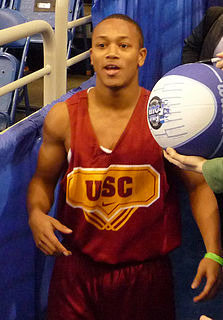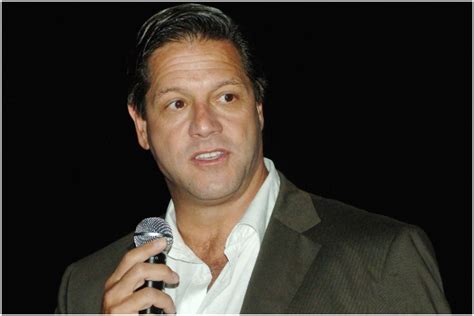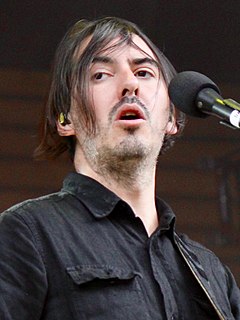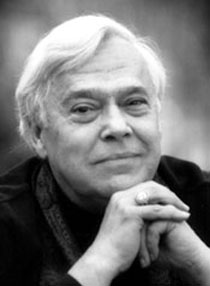A Quote by Ron Currie Jr.
When you're a child - and my understanding of it is very basic - but when you're a very young child, the stimuli around you prompt your brain to form synapses. Once they're there, they're there, but if they don't form by a certain age, they're not going to.
Related Quotes
I was very unique as a child, dressed a certain way, acted a certain way, didn't fit in with everybody. So I immediately got picked on, especially around the age of 12 and 13, when you start going to junior high and start mingling with the older kids. To counteract that, strictly for self-defense, I wanted to get bigger.
Making a film is like raising a child. You cannot raise a child to be liked by everyone. You raise a child to excel, and you teach the child to be true to his own nature. There will be people who'll dislike your child because he or she is who they are, and there will be people who'll love your child immensely for the very same reason.
I feel like I grew up differently, when you're a child actor you grow up differently, but it's not that different than growing up as, like, a child basketball player who goes to the NBA. There are certain kids who become professionals at a very young age. There's a lot of sacrifice that goes into that.
My first fear was about the devil, when I was around fire, something I saw in a movie. I think it's about pain, in whichever form it comes. I had a lot of energy as a child - sometimes too much - and I didn't know how to channel it. It was making me suffer. It was bigger than myself, and I was very young.
I was very unique as a child, dressed a certain way, acted a certain way, didnt fit in with everybody. So I immediately got picked on, especially around the age of 12 and 13, when you start going to junior high and start mingling with the older kids. To counteract that, strictly for self-defense, I wanted to get bigger.
Quintilian [educational writer in Rome around A.D. 100] thought that the earliest years of the child's life were crucial. Education should start earlier than age seven, within the family. It should not be so hard as to give the child an aversion to learning. Rather, these early lessons would take the form of play--that embryonic notion of kindergarten.
The brain is really hard to see. The whole thing is very large - the human brain is several pounds in weight - but the connections between brain cells, known as synapses, are really tiny. They're nanoscale in dimension. So if you want to see how the cells of the brain are connected in networks, you have to see those connections, those synapses.
I believe that the teacher's place and work in the school is to be interpreted from this same basis. The teacher is not in the school to impose certain ideas or to form certain habits in the child, but is there as a member of the community to select the influences which shall affect the child and to assist him in properly responding to these influences.
I can't even begin to describe how I miss him. He always supported me in everything I did. He was a very wise man and I realised at an early age I could learn a lot from him. He always gave me the right answer. But above all he was a very easy-going guy and all he wanted was to be my best friend. I'm an only child and so he shared everything with me. Of course he was very young to die and I was very young to lose a father. But there was nothing left unsaid between us.


































